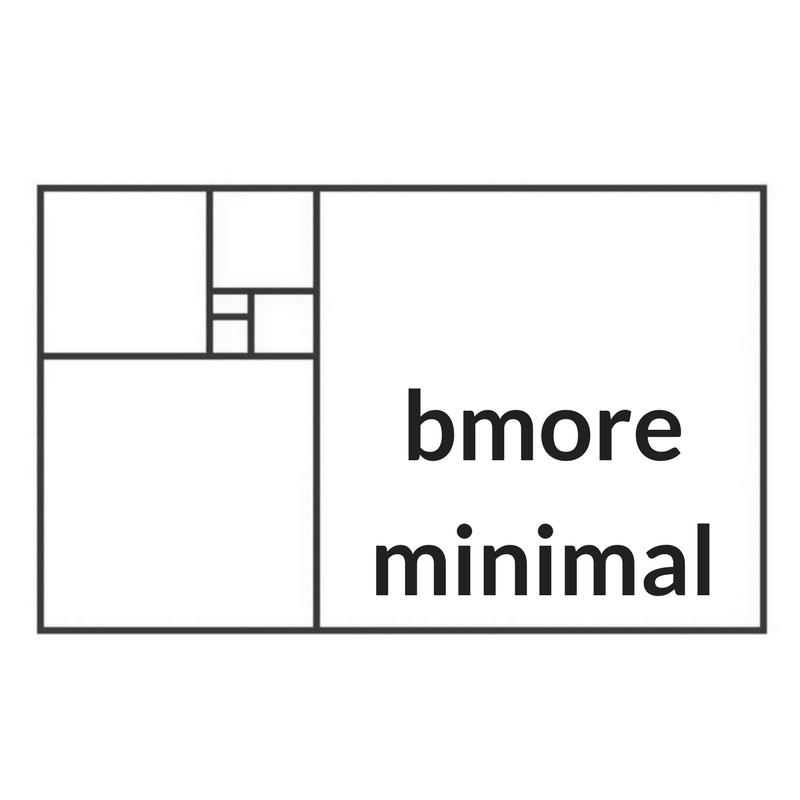The mythology of instagram minimalism is having as little as possible: one bowl, one towel, one pair of shoes.
But having multiples of some items is valuable, as long we’re aware of marginal utility.
Marginal utility is an idea from economics about how a consumer’s benefit changes when they get an additional unit of a good or service. Marginal utility might increase, stay the same, or decrease
Take socks, for example.
If we only have one pair of socks, getting a second pair adds a tremendous benefit: we don’t have to wear the first pair day in and day out until our big toe pokes through, or go barefoot when they’re in the wash.
A third pair adds some more value. A fourth adds more. A tenth pair adds a little more, but that change in benefit isn’t quite as dramatic as that 2nd pair.
At some point, an additional pair of socks won’t add value at all. Accumulating socks past that point will actually start to have a negative impact.
We can’t store all of our socks in our drawer and it takes an hour to match up each sock after laundry day. Having more and more socks has made our life harder.
Our containers help keep us at that ideal number, and weeding periodically will return us there if we’ve exceeded it. As long as our multiples are adding value and not creating burdensome redundancies, we can keep them with confidence.
